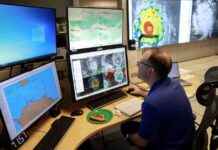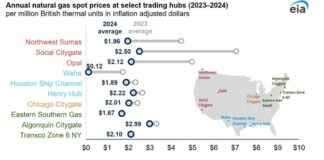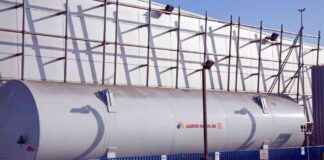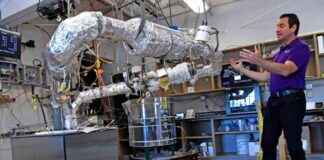Global Solar Geoengineering Non-Use Deal Urged by EU
Europe’s first scientific advice on Solar Radiation Management (SRM) technologies has urged the European Union to take proactive steps in negotiating a global regime to govern these controversial technologies. The EU’s Scientific Advice Mechanism has recommended preventing the deployment of SRM technologies, which are designed to temporarily cool the planet by blocking some of the sun’s warming impacts.
The Risks of Solar Radiation Management
SRM technologies, such as pumping aerosols into the high atmosphere or sending mirrors into orbit to reflect sunlight away from the Earth, come with major uncertainties and risks that are poorly understood. These risks include changing rainfall patterns, impacts on ecosystems, food production security, and the potential for negative ecological and economic effects. The EU has not officially endorsed SRM as a solution and considers its deployment as an unacceptable risk to humans and the environment.
European Union’s Response
Last year, the EU’s Green Deal chief Frans Timmermans sought advice from the union’s scientific advisors to define a common position on SRM. The advisors emphasized the importance of prioritizing greenhouse gas emissions reduction and climate impact adaptation as primary solutions to global warming. They recommended an EU-wide moratorium on SRM deployment due to its inconsistencies with Europe’s precautionary principles.
Negotiating a Global Governance System
While there is no international framework governing SRM activities, the EU is urged to lead negotiations for a global governance system that prohibits the deployment of SRM in the foreseeable future. The advisors suggest allowing exemptions for limited outdoor research that meet specific conditions and risk considerations. They also propose creating clear ethical requirements and guidelines for smaller research projects, ensuring that public funding for SRM research does not replace financing for climate action research.
Expert Perspectives and Recommendations
Climate scientists and diplomats advocate for governance mechanisms to regulate SRM activities and ensure safety and proper operation. While some experts argue for small-scale outdoor research to inform discussions and decision-making, others caution that such testing could normalize the technology for future deployment. The EU is encouraged to take a leading role globally in initiating a norm shift towards the non-use of SRM and removing it as an option due to its high risks.
In conclusion, the EU’s scientific advisors have called for proactive negotiations on a global non-use agreement for SRM technologies to prevent their deployment and address the uncertainties and risks associated with these controversial methods of cooling the planet. It is essential for the EU to prioritize long-term sustainable solutions to climate change while ensuring the safety and well-being of humans and the environment.














